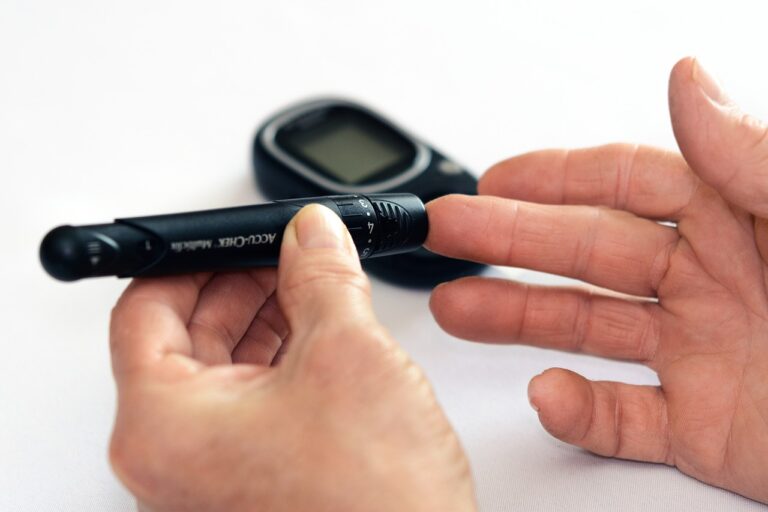How to Treat and Prevent Periorbital Hyperpigmentation
diamond exchange sign up, sky99exch com login, reddy book club:Periorbital hyperpigmentation is a common skin concern that affects many individuals, causing dark circles or discoloration around the eyes. While it is not a serious medical condition, it can be bothersome and impact one’s self-confidence. In this article, we’ll discuss how to treat and prevent periorbital hyperpigmentation effectively.
Understanding Periorbital Hyperpigmentation
Periorbital hyperpigmentation, also known as dark circles, refers to the darkening of the skin around the eyes. This condition can be caused by various factors, including genetics, aging, lack of sleep, allergies, sun exposure, and lifestyle habits. While periorbital hyperpigmentation is not harmful, it can make you look tired or older than your actual age.
Treatment Options
When it comes to treating periorbital hyperpigmentation, there are several options available. It’s essential to find the right treatment that works for you based on the cause of your dark circles. Here are some effective treatments:
1. Topical Treatments:
Using topical creams or serums containing ingredients like retinol, vitamin C, kojic acid, or niacinamide can help lighten dark circles and even out the skin tone around the eyes.
2. Chemical Peels:
Chemical peels can help exfoliate the skin and reduce hyperpigmentation. They work by removing the top layer of the skin, revealing newer, lighter skin underneath.
3. Laser Therapy:
Laser treatments can target pigmentation in the skin and stimulate collagen production, leading to a more even skin tone around the eyes.
4. Intense Pulsed Light (IPL) Therapy:
IPL therapy uses light energy to target and break down pigmentation in the skin, helping to reduce dark circles.
5. Microneedling:
Microneedling involves using tiny needles to create micro-injuries in the skin, stimulating collagen production and improving skin texture and tone.
Prevention Tips
Preventing periorbital hyperpigmentation is essential to maintain healthy and youthful-looking skin around the eyes. Here are some tips to help prevent dark circles:
1. Protect Your Skin:
Wearing sunscreen daily and using sunglasses to protect your skin from harmful UV rays can prevent sun damage and pigmentation around the eyes.
2. Get Enough Sleep:
Getting an adequate amount of sleep can help reduce dark circles caused by fatigue and lack of rest.
3. Stay Hydrated:
Drinking plenty of water can keep your skin hydrated and prevent it from looking dull or dehydrated, which can exacerbate dark circles.
4. Manage Allergies:
If you have allergies, managing them effectively can help reduce under-eye puffiness and dark circles caused by sinus issues.
5. Use Gentle Skincare Products:
Avoid using harsh skincare products around the eyes, as they can irritate the delicate skin and lead to inflammation and pigmentation.
6. Maintain a Healthy Lifestyle:
Eating a balanced diet, exercising regularly, and avoiding smoking and excessive alcohol consumption can help improve overall skin health and prevent dark circles.
FAQs
Q: Can genetics play a role in periorbital hyperpigmentation?
A: Yes, genetics can predispose some individuals to have dark circles due to thinner skin or increased pigmentation around the eyes.
Q: Are home remedies effective for treating dark circles?
A: Some home remedies like applying cold compresses or cucumber slices can help temporarily reduce puffiness and improve the appearance of dark circles.
Q: When should I consult a dermatologist for periorbital hyperpigmentation?
A: If you have persistent dark circles that do not improve with home remedies or over-the-counter treatments, it’s best to consult a dermatologist for a personalized treatment plan.
In conclusion, periorbital hyperpigmentation can be effectively treated and prevented with the right skincare regimen, lifestyle changes, and professional treatments. By following these tips and seeking expert advice when needed, you can achieve brighter, more youthful-looking skin around your eyes.







